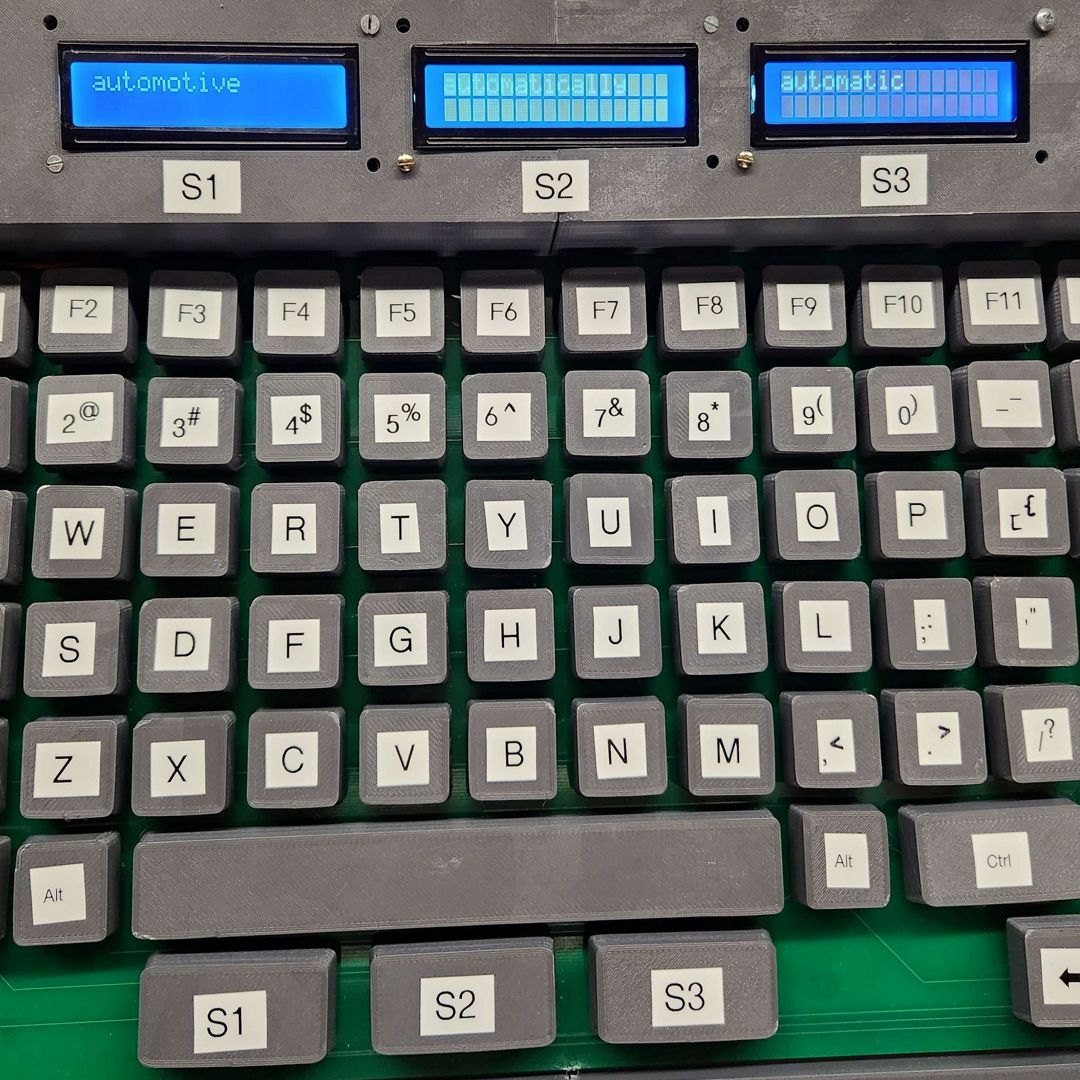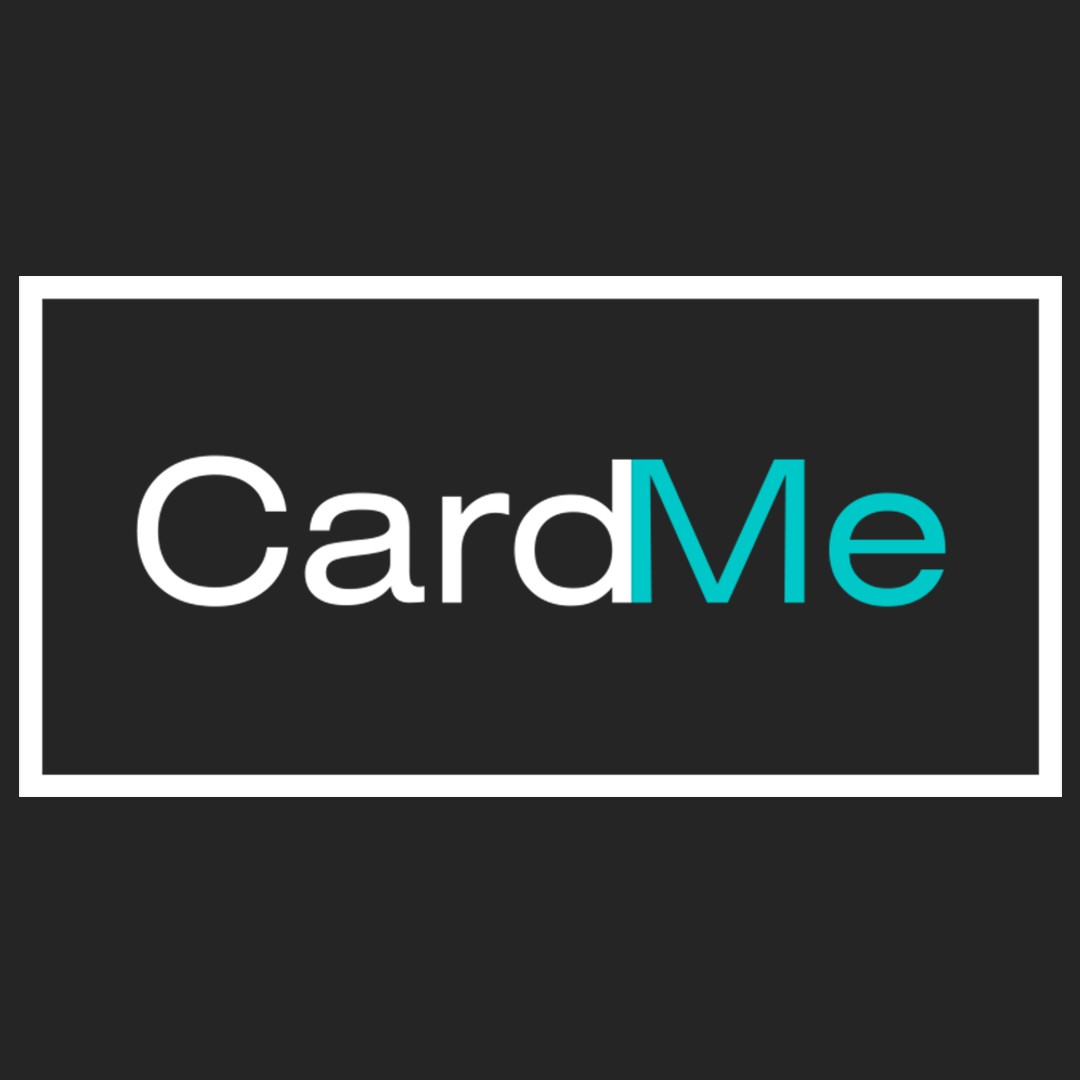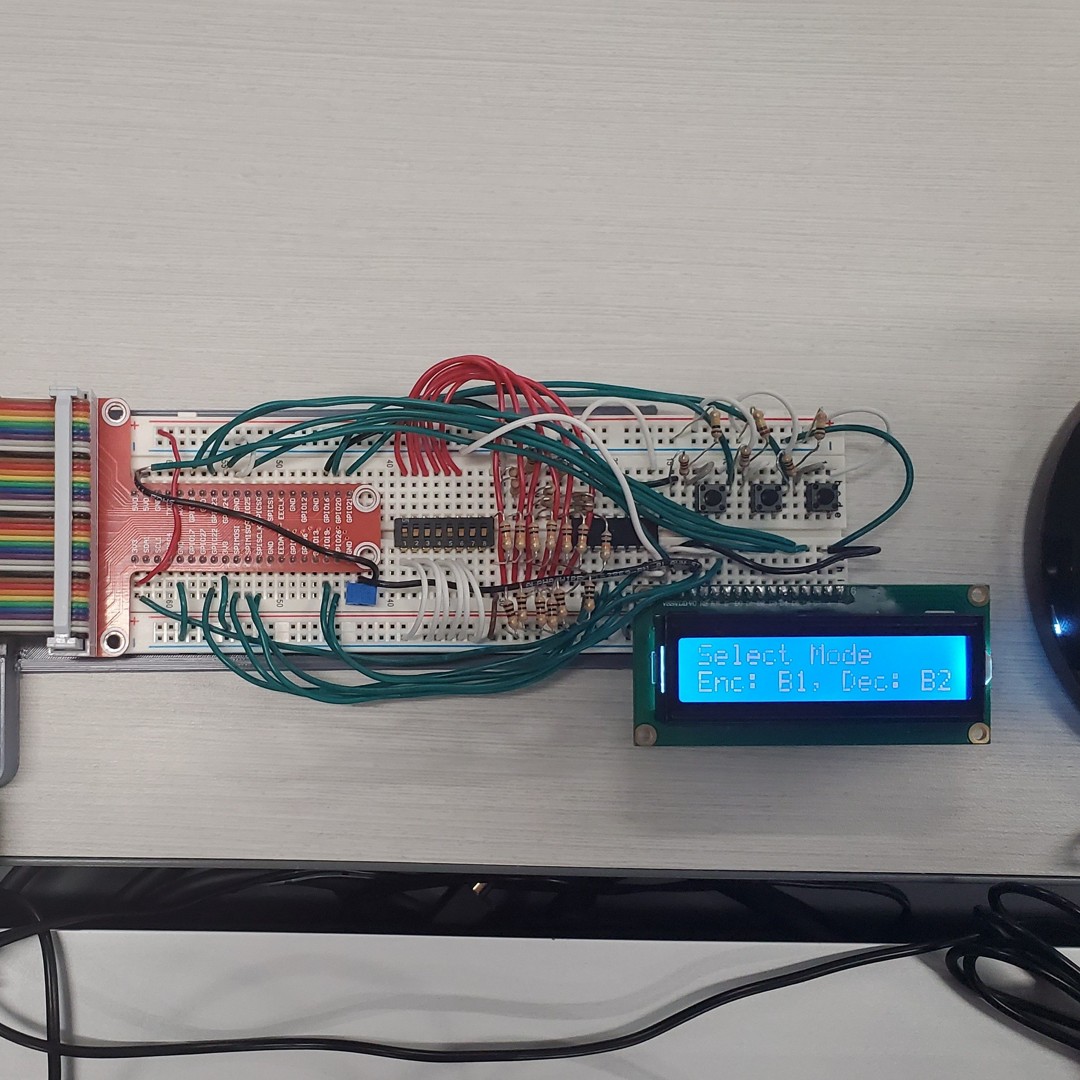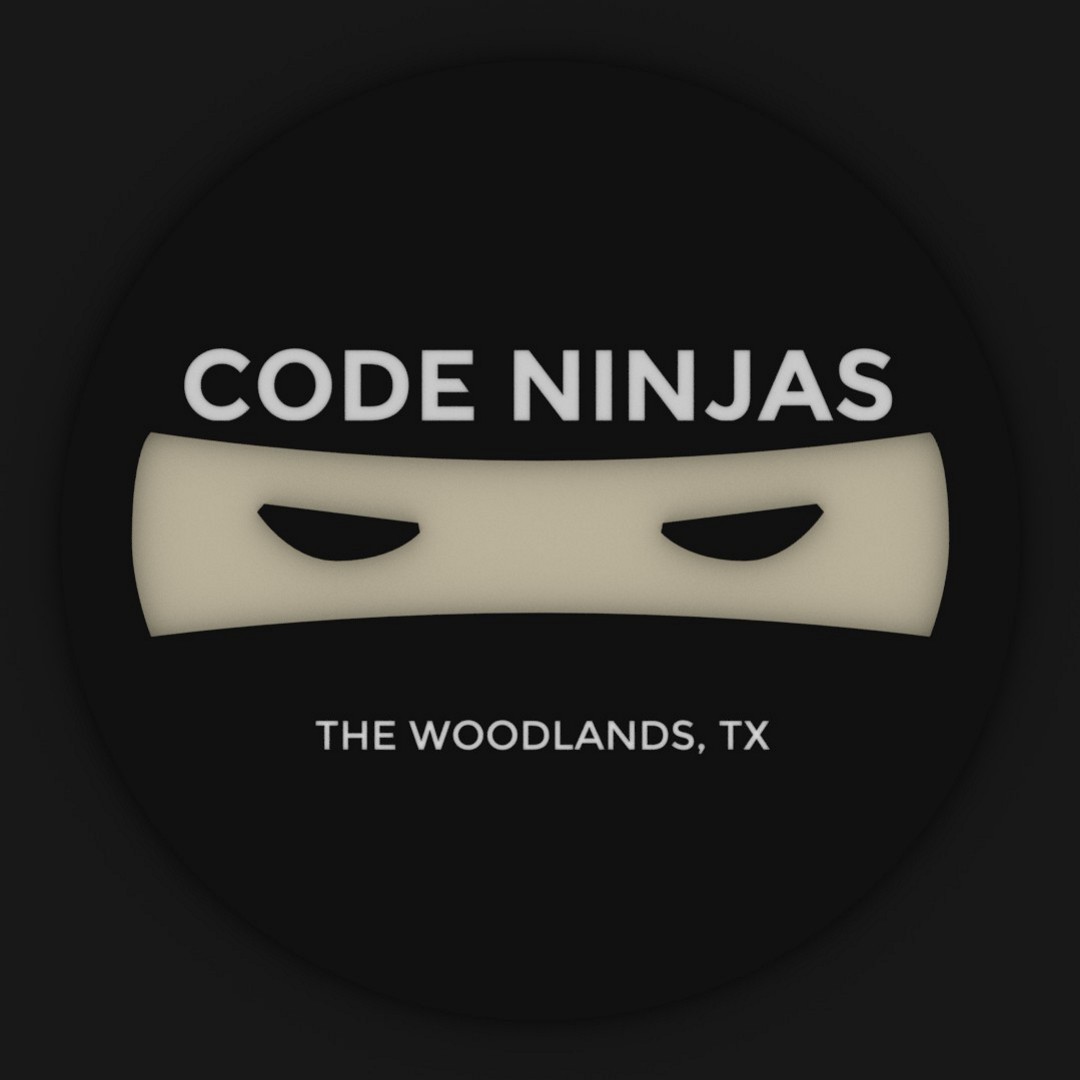Portfolio
Keyboard designed for those with motor function impairments (primarily Parkinson's). Over-sized keyboard layout designed to assist those who have difficulty selecting the correct key. Auto-complete suggestions update as the user types which can be selected to save on keystrokes. I led software development on the Raspberry Pi (primarily C++). This included a specialized auto-complete algorithm. Capstone project for CSCE 483.
Team Members
- Jackson Hagood
- Andrew Imwalle
- Brittany Jenkins
- Connie Liu
- Abhishek More
- Max Smith

Software Engineering Internship
Worked as a Software Engineering intern at JPMorgan Chase & Co. in Summer 2022. Acted as a full-stack software engineer on a project deployed into production. Front-end was JavaScript with React / Redux, back-end was Java Spring Boot, and database was Cassandra. App was deployed with Jenkins. Agile development with Jira and coordination with Git using BitBucket.
Digital solution to any student's flashcard needs. Allows users to upload pictures of their handwritten notes and obtain digitally manageable flashcards. CardMe allows the user to groups these flashcards into folders, edit flashcards, delete flashcards, add flashcards, and delete folders. CardMe also allows users to easily find YouTube videos related to their flashcards. Finally, CardMe can export a folder of flashcards as a PDF that, when printed double sided, can be cut out into flashcards. Final project for CSCE 315.
Team Members
- Kiran Bhattarai
- Jackson Hagood
- Mahirah Samah
Message encryptor and decryptor implemented with a Raspberry Pi 3. Encrypts messages with an Affine cipher (keys determined by a DIP switch). Messages are stored and played as audio files. Audio files can be recorded by any phone or audio recorder. Audio files can be then decrypted by another instance of the device with the same DIP switch configuration. Final project for CSCE 462.
Team Members
- Jackson Hagood
- Andrew Imwalle
- Max Smith
Coursework
During my time at Texas A&M University I have taken a variety of computer science courses including graphics, cryptography, computer architecture, language theory, and operating systems.
Relevant Courses
- CSCE 483: Computer System Design (Capstone)
- CSCE 462: Microcomputer Systems
- CSCE 441: Computer Graphics
- CSCE 436: Computer Human Interaction
- CSCE 410: Operating Systems
- CSCE 350: Computer Architecture
- CSCE 315: Programming Studio
- CSCE 314: Programming Languages
- CSCE 313: Computer Systems
- CSCE 222: Discrete Structures
- CSCE 221: Data Structures & Algorithms
- CSCE 121: Introduction to Program Design
- MATH 471: Communications and Cryptography II
- MATH 470: Communications and Cryptography I
Encyclopedia for functions within the Game Development Platform. Each documented function contains a description, example(s), and further reference. This is meant to be used offline through a browser on the students' computers. This is NOT intended as a live webpage accessible on the internet. This is also a tool for Senseis to use when helping ninjas. Each location is welcome to make their own changes to the content.
This was originally made for Code Ninjas The Woodlands and has since been adapted to locations across the country. No longer work at Code Ninjas, but this repository is left up so Senseis and students can become more familiar with the Game Development Platform (as documentation was not previously available).
Introductory 3 day Python camp. Was frequently in charge of adapting camp curriculum to better work with students, and wrote several camps from scratch. One such camp was this Python camp for students aged 7 to 14 years old. This camp has been run multiple times to dozens of students.
Work as Code Sensei was primarily instructive and tutoring. Worked with languages like Python, JavaScript, C#, and Lua. Projects in 3D printing, game design, and robotics.
